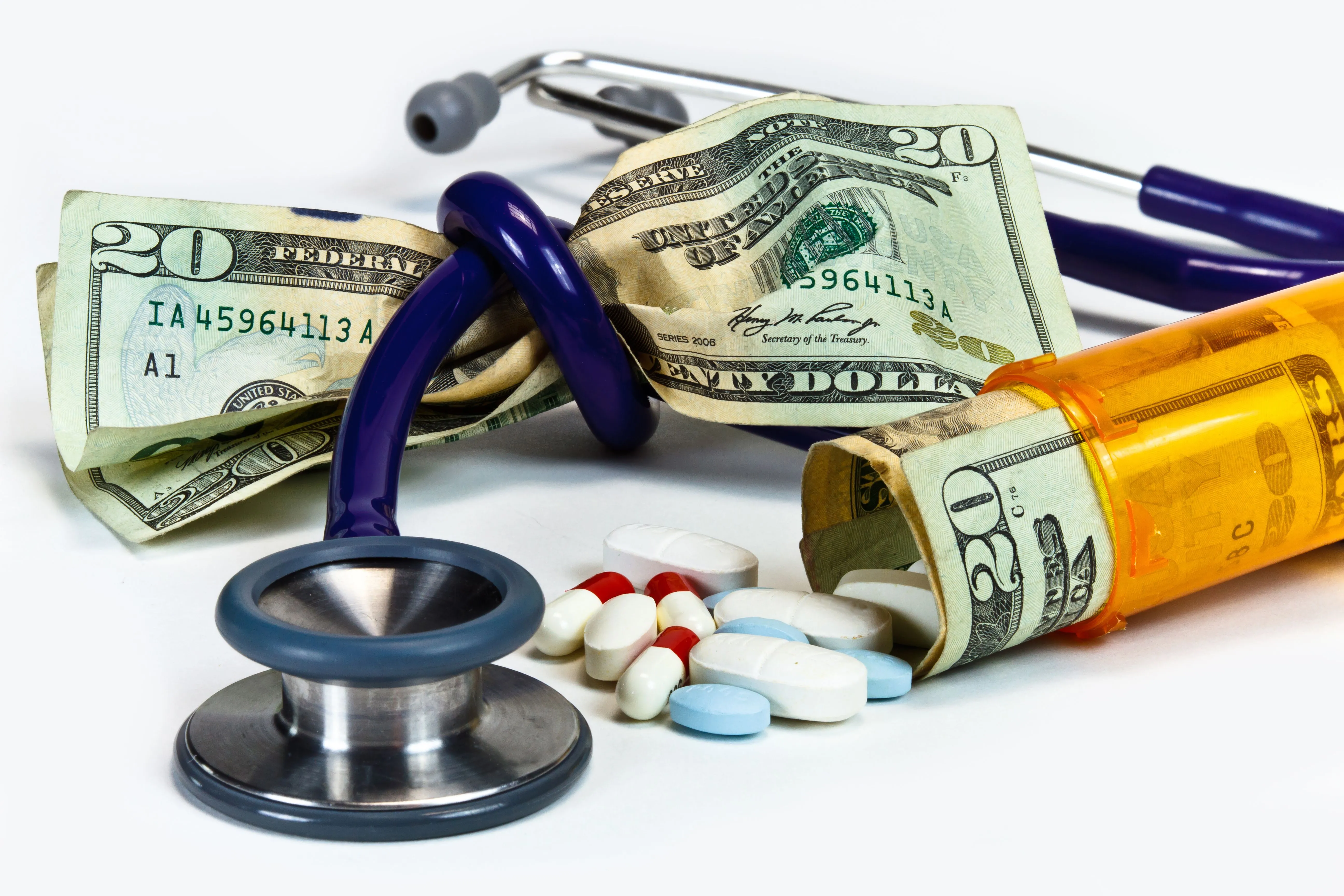Biosimilars in Oncology and Immunology: Cost-Effectiveness of Denosumab and Adalimumab

Biosimilars Gain Traction in Patient Care
Biosimilars are increasingly crucial in enhancing patient access and reducing costs in healthcare. The latest research presented at the AMCP Nexus 2024 conference highlighted the financial benefits associated with biosimilars, particularly focusing on denosumab and adalimumab.
Growing Presence of Biosimilars
With over 60 biosimilars approved by the FDA, their role in areas such as oncology and immunology is broadening. Data shows a notable increase in the use of biosimilars, contributing to significant savings. A retrospective analysis indicated that independent physician associations (IPAs) saved approximately $22 million from biosimilar use.
The Cost-Effectiveness of Denosumab
- Denosumab, utilized in preventing skeletal-related events in oncology, presents remarkable cost-saving potential.
- A study estimated that uptake of biosimilar denosumab could yield savings of $59 million over five years.
Adalimumab Biosimilars and Expanded Access
With 10 FDA-approved adalimumab biosimilars newly launched, transitioning from the reference product can lead to significant savings.
- Switching to adalimumab biosimilars can enhance treatment accessibility.
- The ultimate cost of treatment varies, with Yusimry demonstrating the most significant financial advantage in comparative analyses.
Studies underline the potential these biosimilars possess in reallocating resources and improving health equity. For additional details, further investigation into AMCP Nexus 2024 findings is encouraged.
This article was prepared using information from open sources in accordance with the principles of Ethical Policy. The editorial team is not responsible for absolute accuracy, as it relies on data from the sources referenced.